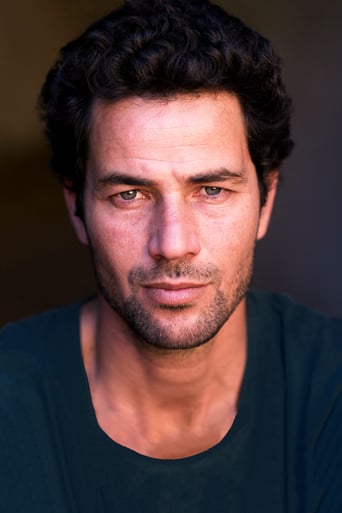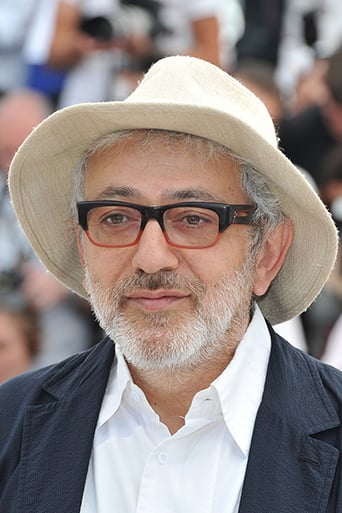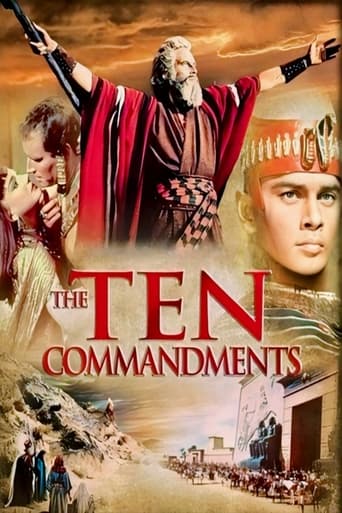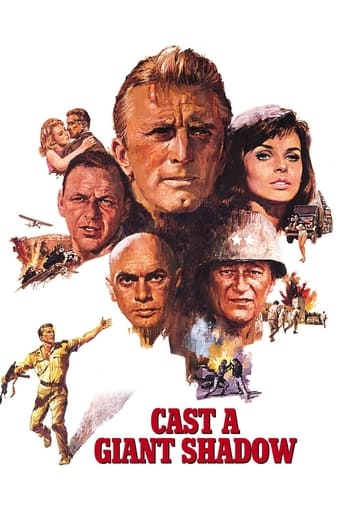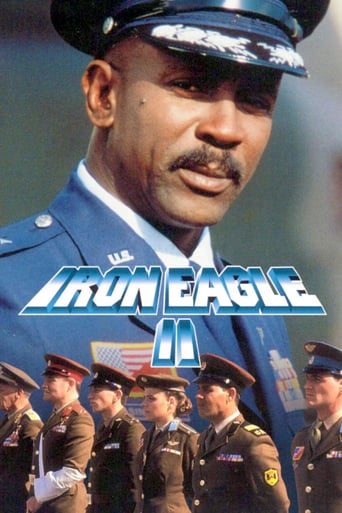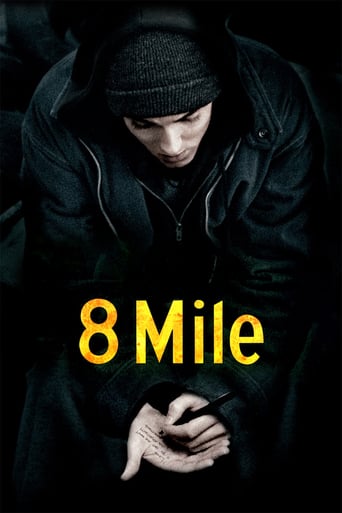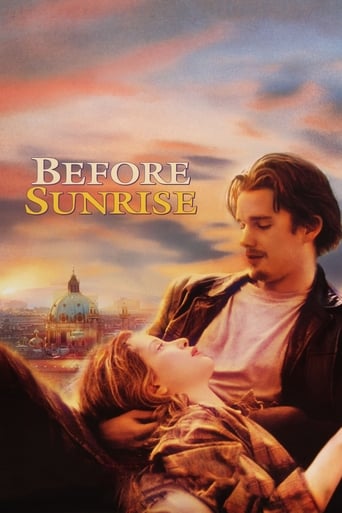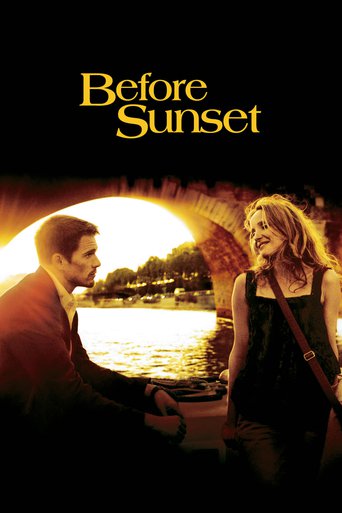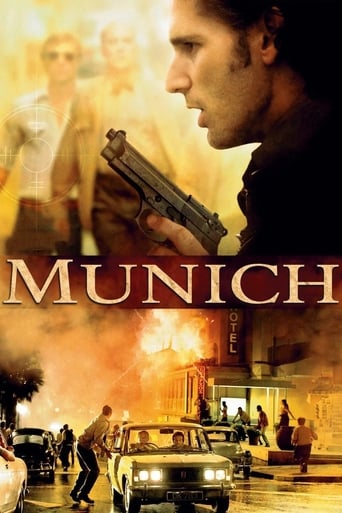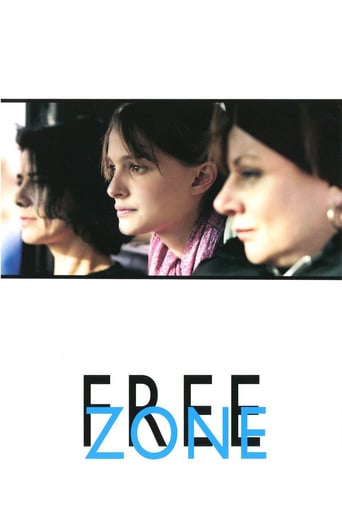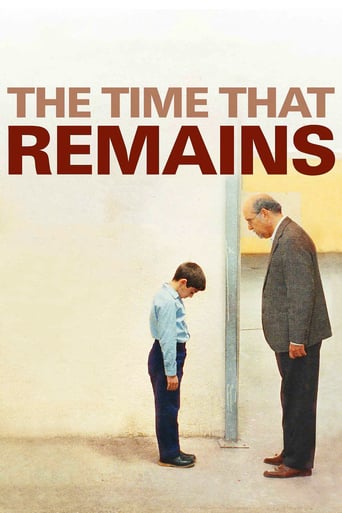
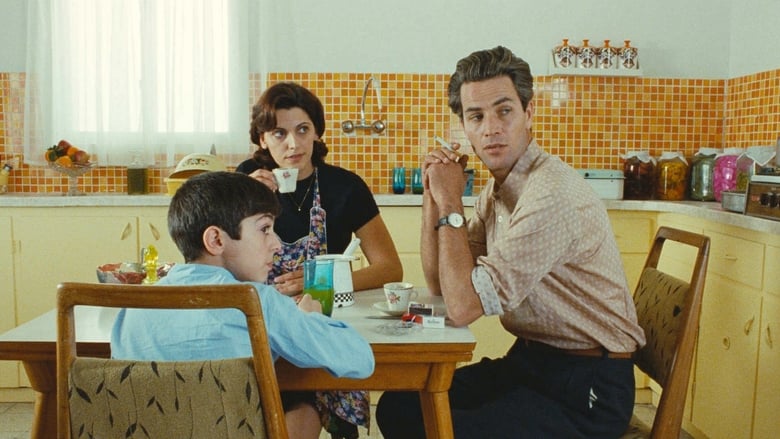
The Time That Remains (2011)
An examination of the creation of the state of Israel in 1948 through to the present day. A semi-biographic film, in four chapters, about a family spanning from 1948 until recent times. Combined with intimate memories of each member, the film attempts to portray the daily life of those Palestinians who remained in their land and were labelled "Israeli-Arabs," living as a minority in their own homeland.
Watch Trailer
Cast


Similar titles
Reviews
This film has a very distinguished style and sense of humor for such a dark topic on the conflict of Israel and Palestine. It reflects three generations of the conflict through the perspective of Es (the protagonist) who plays a child, a teenager and an elder man. He never speaks perhaps as a metaphor representing the voiceless. One thing I was also able to appreciate as an Egyptian audience, the Egyptian songs by Laila Mourad and Mohamed Abdel Wahab, as well as some Egyptian news references, like on the death of Egypt's President Gamal Abdel Nasser in 1970. Something that a Western audience may not at all experience in the same way a Middle Eastern or Arabic Audience would, is almost like a cheery on the icing for people of that culture, a little gift made exclusively for us, that only we can feel nostalgic about and understand the reference to that culture and era. This film portrays the issue as a gray issue and does no only show the oppressive and inhuman acts of the Israeli Militants, like when they throw Es' father off a cliff. A few scenes show a very human side to them as well, like in the scene when they call out to stop a dance party because of curfew, the first idea that came to mind was the cultural deprivation, but when the military figures start dancing to the music track, it highlights that both sides unite by liking the same music. In another scene, when Israeli military move furniture items onto a truck, the listen to music and smoke cigarettes, somehow very subtly reveals them as ordinary military base figures on duty, it does not look so different from Egyptian bases. He also does not glorify all Palestinians as victims. We get to see a Palestinian who joins the Israeli military and is perceived as a traitor, and called out on it, but he explains later how he needs the work to feed his family. Another very interesting portrayal of how a land under an occupation becomes so natural and part of the backdrop and landscape of the environment, like in the scene when a guy on the cell phone who walks back and forth is pointed at with a tank tracking his every move. The guy does not react at all. This film had a very promising subtle message that the issue is gray and complicated and it seems to be a wish to focus on the good sides in both sides and bringing people together.
"The Time that Remains" is by far one of the most well-made and powerful Arab movies (and specifically Palestinian) to date. Elia Suleiman tackles one of the most prominent issues in the Arab world with beautiful imagery, nostalgia, music, and the silent word.I usually do not admire having a director act in his/her own film, but Elia Suleiman is his films, they are part of him and his appearance in them as the silent observer simply attacks the emotions and makes the viewer a part of his own life. "The Time that Remains" basically chronicles the life of his mother and father and their 'silent' resistance through the turmoil of the Israeli invasion of Palestine from 1948 till today.What is so powerful about this film is that how the viewer (and especially an Arab viewer) can go through a history of conflict so smoothly with much joy and come out with a striking view of this history. Suleiman shows will all simplicity how the cause still loves, without blood, with few words, but with a lot of emotions and things to say. The choice of music (classical Arabic songs) make the viewer understand what the beauty of being an Arab is, and how this beauty is slowly fading... fading into a lack of identity.I watched Suleiman's previous film "Divine Intervention" after watching this one and realized that we do have an Arab auteur director in our midst; his playful style and cartoonish characters all the more strengthen his cause and keep on his silent resistance.A pure must-see!
Sometimes, life throws at us things that over the years become too big to comprehend. Such are natural disasters, pandemic diseases, nuclear explosions, and wars.In his movie, released in 2009, Elia Suleiman sets on a journey to explore the genre of black comedy, so as to reveal to us the secret of coping with a tragedy of which the magnitude is overwhelming.It is the nature of human mind to always look for some form of normality, maybe a little static, but nevertheless, a feeling that your bases are covered, your life has a purpose and your entire existence in a certain place and at a certain time is not meaningless. This is what we, humans, do when gun battles, tanks and security surges are suddenly a persistent part of the daily routine. And this is exactly the focus of The Time That Remains. Half a century of tragedy is squeezed into an hour and a half of a laconic and precisely targeted shock therapy.Despite its smoothness and an accurately placed hint of suspense, this movie doesn't truly give you a moment of rest. There's no wallowing in self-pity here, no destructive mind blowing imagery; even the garden of executions is so well carved into the texture of the surrounding neighborhood that it appears natural despite your mind telling you that what you are looking at is a yelling contradiction to what is humanly acceptable.There's also no conflict, in a traditional sense of the word, around which the story would evolve. All there is is a deceptively distanced and only seemingly uninvolved bitterly comic narration about generations of painful struggle to remain human in a filled with nonsense reality, where even a direct participant finds himself merely an observer, trying to just be.The movie strikes as grotesque, largely satirical, very reflective and detailed. This effect doesn't wear off till the very last scene.When telling the truth becomes a taboo, the sensationalism of this movie is found in the peculiar way of drawing attention to what should not be discussed, because the subject makes us uncomfortable.Elia Suleiman resorts to various means offered by cinematography in order to break the unbreakable, to jump over the wall.There are no loud graphic scenes in this movie, nothing at all that an adult cannot handle; yet, it is heavily loaded with incredible emotions that run deep in the film's canvas, leaving you gulp for air at times.When deciding whether or not to watch this movie, don't hesitate. Just watch. And prepare lots of tissues, even if you are known for having a thick skin.
This is an evocative film by Elia Suleiman that was shown at IFC recently. The story takes us back to the city of Nazareth where the director was born. It is a chronicle of the events in that part of the world and the changes that have occurred there. It is basically an account of the life of Mr. Suleiman's parents as they lived the events that go back a number of years in the middle of the Israeli-Palestinian conflict that befell that area.Life as an Arab in Israel is examined by Mr. Suleiman at key points as they happened. Fuad, the father in the film, must deal with what comes his way. Life in the city goes through changes as history comes to change things for the family. There is a running joke about food sent from an aunt that no one wants. The main events happened in 1948, as the state of Israel was being born. Later periods take a look at other aspects of the life of what one feels is the family of Mr. Suleiman.The atmosphere of Nazareth, wit its amazing light is captured by the cinematographer Marc-Andre Batigne. Saleh Bacri, who plays Fuad, shows why he is one of the prominent actors working today. He made quite an impression in "The Band's Visit". The director, Mr. Suleiman shows up toward the end in an enigmatic segment where he seems to be absorbing the history he and his family witnessed in Nazareth.


